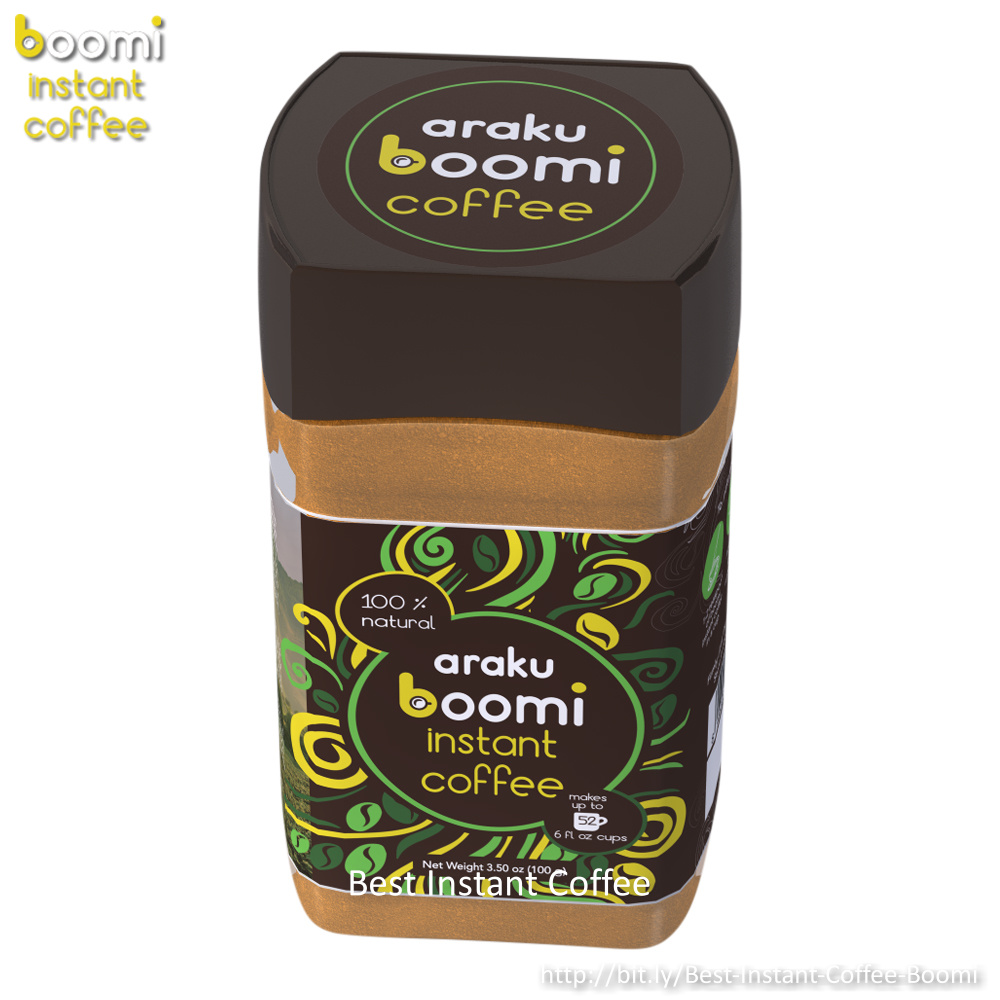If your joints feel stiff, swollen, or achy, you’re not alone—and the answer to feeling better might be sitting on your plate. More than just fuel, food has the power to either feed inflammation or fight it. That’s why anti-inflammatory foods for joint pain relief are getting major attention from health professionals and nutritionists alike.
From omega-rich fish to antioxidant-packed berries, the right diet can help reduce inflammation, protect your joints, and improve your day-to-day mobility—naturally and deliciously.

Content
Why Inflammation Affects Your Joints
Inflammation is your body’s defense mechanism, designed to protect against injury and infection. But when it becomes chronic, especially in your joints, it can lead to long-term pain, stiffness, and damage. This is especially common in conditions like osteoarthritis and rheumatoid arthritis, where the immune system essentially turns on itself.
The silver lining? Certain foods contain compounds that help cool this internal fire. Choosing an anti-inflammatory diet can ease symptoms, slow joint degeneration, and potentially reduce the need for pain medication.
if you’re looking for a complete breakdown of specific foods and tips on implementation, check out our full guide to anti-inflammatory foods for joint pain relief.
The Power of Fatty Fish
Let’s start with the MVPs: salmon, mackerel, sardines, and trout. These oily fish are loaded with omega-3 fatty acids—natural inflammation fighters that reduce swelling and tenderness in joints. Omega-3s work by blocking inflammatory cytokines, which are linked to joint damage.
Aim for two servings a week. If you’re not a fan of fish, consider a high-quality fish oil supplement with both EPA and DHA for similar benefits.
Leafy Greens That Work Overtime
Your mom was right about spinach. Leafy greens like spinach, kale, arugula, and Swiss chard are packed with antioxidants like vitamin C, beta-carotene, and polyphenols. These compounds help neutralize free radicals, reduce oxidative stress, and support overall joint health.
These greens are also rich in magnesium, a mineral that helps regulate inflammatory markers in the body. Bonus: They’re low in calories and high in fiber, which supports weight management—key for taking pressure off joints.
Berries That Deliver a Punch
Berries—especially blueberries, raspberries, and strawberries—are small but mighty when it comes to inflammation. They contain anthocyanins, compounds that block inflammatory pathways and reduce oxidative stress.
A handful of fresh or frozen berries in your smoothie or oatmeal isn’t just tasty—it’s a science-backed way to lower joint discomfort.
Turmeric and Ginger: Spices That Heal
You’ve probably heard the buzz around turmeric. The active ingredient, curcumin, is a powerful anti-inflammatory agent that can help ease joint swelling and improve mobility—especially when combined with black pepper (which improves absorption).
Ginger offers similar benefits, with studies showing it can reduce muscle soreness and chronic inflammation in joints. Add these spices to stir-fries, teas, or even smoothies for a flavorful boost.
Nuts, Seeds, and Healthy Fats
Don’t underestimate the power of almonds, walnuts, chia seeds, and flaxseeds. These are rich in alpha-linolenic acid (ALA), a plant-based omega-3 that helps reduce inflammatory markers. They also contain vitamin E, a natural antioxidant that protects your cells from oxidative damage.
Snack on a handful of nuts daily, or sprinkle chia and flaxseeds on your yogurt, oatmeal, or salads.
Olive Oil: Liquid Gold for Your Joints
Extra virgin olive oil is a cornerstone of the Mediterranean diet—and for good reason. It contains oleocanthal, a compound with properties similar to ibuprofen. Regular consumption of olive oil can help reduce joint inflammation and stiffness while supporting heart health.
Use it as your primary cooking oil or drizzle over veggies and grains for maximum benefit.
Whole Grains for a Whole-Body Boost
Unlike refined carbs (think white bread and pastries), whole grains like quinoa, brown rice, oats, and farro help lower C-reactive protein (CRP)—a key marker of inflammation in the blood.
They’re also packed with fiber and essential nutrients, making them a smart choice for balancing blood sugar, managing weight, and supporting joint health from the inside out.
Start Small, Stay Consistent
You don’t need to overhaul your entire diet overnight. Start by incorporating more of these anti-inflammatory foods into your meals each week. Small, consistent changes—like swapping out processed snacks for fruit and nuts or choosing olive oil over vegetable oil—can add up to big results over time.
The benefits extend beyond joint health, too: lower risk of heart disease, improved digestion, and better brain health are just a few of the perks that come with an anti-inflammatory diet.

Arlene Ross is a health blogger who enjoys writing on her website. Arlene has always had an interest in medicine, and she hopes to become a doctor one day. She loves reading about medical discoveries, especially when they are for rare conditions that don’t have much research yet. She also likes exploring the science behind different diets and nutrition programs.













